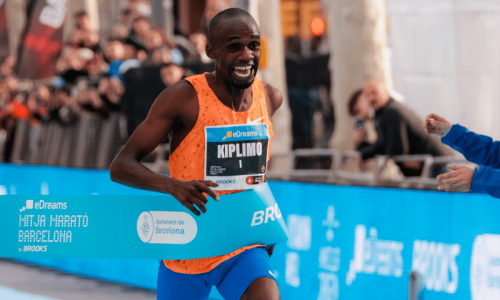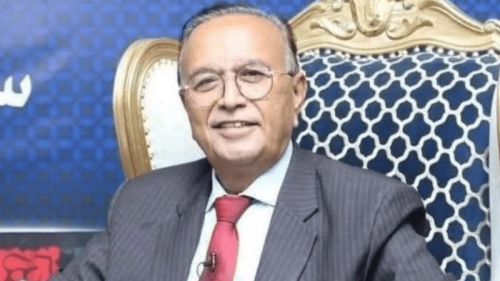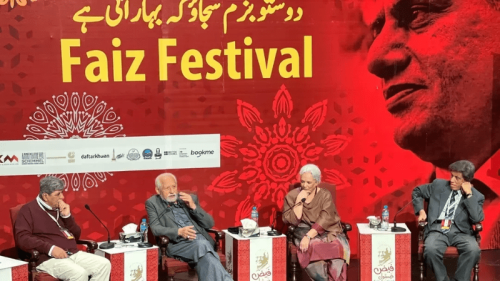PHOENIX: Muhammad Ali and his family never seriously thought of donating his brain for research, according to his doctor.
“Not really,” was Dr Abe Lieberman’s answer when he was asked on Monday if submitting the brain for research was considered.
Lieberman said he didn’t think boxing contributed to Ali contracting Parkinson’s disease but he couldn’t be “a hundred per cent” certain.
The doctor spoke at a news conference at the Muhammad Ali Parkinson Center at the Barrow Neurological Institute in Phoenix.
Lieberman was among those who diagnosed Ali in 1984, and became a good friend as well as his physician.
Ali, who died in Arizona last Friday, had said he believed he suffered serious damage in his fight with Larry Holmes in 1980.
Ali once said in an interview that if he had known “Holmes was going to whip me and damage my brain, I would not have fought him. But losing to Holmes and being sick are not important in God’s world.”
But Lieberman said Ali probably already had Parkinson’s when he climbed into the ring for the Holmes fight.
The doctor said he did not hear Ali blame boxing for his illness.
“Muhammad had no regrets about boxing,” Lieberman said. “He didn’t really talk about it that way. Muhammad was a devout Muslim and believed that you did your best and whatever happened was God’s will.”
Dr Holly Shill, director of the Ali center, said research shows that those with a history of head injury are at only a slightly greater risk of contracting Parkinson’s.
“People who don’t have a history of head injuries, the risk of developing Parkinson’s is about one per cent at age 60,” she said.
“If you look at people who do have a history of head injury, and usually a pretty significant head injury -- enough to go to the hospital and get medical attention — that number goes up to 1.5 per cent.”
Ali once calculated he had taken 29,000 punches to the head. And there’s no research on what so many blows might cause.
Lieberman said he treated boxing great Jack Dempsey and saw a serious, quick decline in the former fighter’s cognitive abilities due to brain trauma.
But in Ali, Lieberman said, he saw the natural progression of Parkinson’s disease.
Lieberman said, however, that it was difficult to gauge Ali’s thinking ability in his final years.
“He lost the ability to speak so it was very hard to know, very hard to estimate cognition in someone who can’t speak and can’t use his hands,” the doctor said in an interview after the news conference. “So did it affect cognition? I don’t know. But he certainly would respond.”
Published in Dawn, June 8th, 2016














































Dear visitor, the comments section is undergoing an overhaul and will return soon.